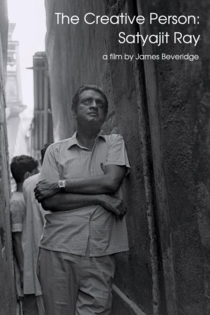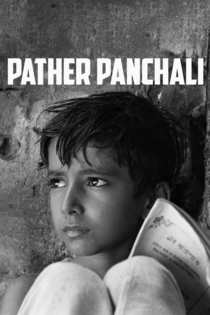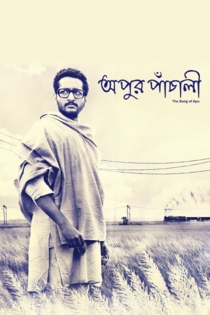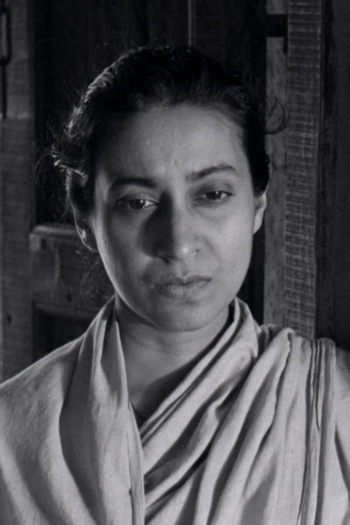
Karuna Banerjee
1919 - 2001She graduated from the Jogamaya Devi College, an affiliated women's college of the University of Calcutta. Banerjee's acting career expanded over more than two decades in Bengali cinema and theatre. She is best known for her memorable performance as Sarbajaya, the mother in the first two parts of Satyajit Ray's The Apu Trilogy: Pather Panchali (1955) and Aparajito (1956). Her performance in the latter earned her a Best Actress nomination at the 1959 BAFTA Awards. She acted in a few more films, including two more by Ray, two by Mrinal Sen, and one by Ritwik Ghatak that was never officially released.
অপরাজিত
Satyajit Ray
Kanu Bannerjee, Karuna Banerjee
Aparajito picks up where the first film leaves off, with Apu and his family having moved away from the country to live in the bustling holy city of Varanasi (then known as Benares). As Apu progresses from wide-eyed child to intellectually curious teenager, eventually studying in Kolkata, we witness his academic and moral education, as well as the growing complexity of his relationship with his mother. This tenderly expressive, often heart-wrenching film, which won three top prizes at the Venice Film Festival, including the Golden Lion, not only extends but also spiritually deepens the tale of Apu.
Aparajito
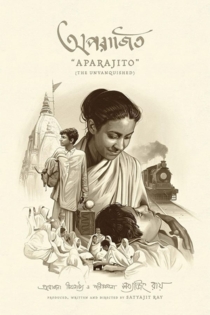
কলকাতা ৭১
Mrinal Sen
Madhabi Mukherjee, Gita Sen
The spirit of a condemned 20-year-old student wanders through time, linking together four stories of people struggling for survival in this gritty meditation on poverty, natural disaster and political strife in India. A middle-class family's home is no match for the monsoons, while another clan's morality is compromised when famine strikes. Young boys smuggle rice, and politicians pity the poor while living in the lap of luxury.
Calcutta 71
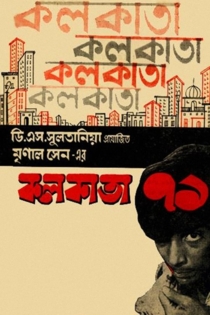
কাঞ্চনজঙ্ঘা
Satyajit Ray
Chhabi Biswas, Karuna Banerjee
Played out in real time, several complex family dramas intersect in the landscape of the Himalayan foothills, allowing the Bengali auteur to examine the class and generational differences of postcolonial India while celebrating the hopes of a society in transition.
Kanchenjungha
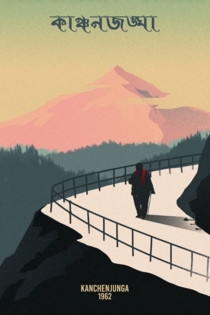
ইনটারভিউ
Mrinal Sen
Karuna Banerjee, Ranjit Mallick
Ranjit is a young man who has been assured a lucrative job. All he has to do is turn up for the interview dressed in a western style suit, but all the city laundries are on strike that morning, and his only suit is dirty.
Interview
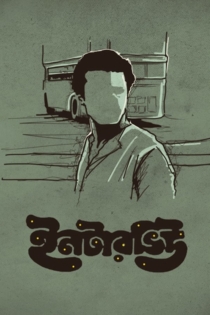
দেবী
Satyajit Ray
Sharmila Tagore, Soumitra Chatterjee
The life of a woman happily married to the son of an upper-class family in 19th century Bengal is turned upside down when her father-in-law has a vision that she is the Goddess Kali returned to earth. He convinces her to fulfill her role as a living deity and transform her house into a temple.
Devi
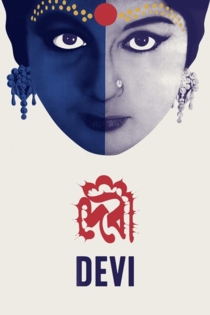
Headmaster
Agragami
Chhabi Biswas, Karuna Banerjee
The school of a remote and poor village shut down, the head master Krishna Prasanna (Chhabi) migrates to city in search of job. He moves with family, wife Labanya (Karuna), nubile daughter (Ranjana) and very young son. He takes residence with his wife's brother. He meets per chance one of his ex students, of whom he used to take free evening classes and many of whom got merit scholarship and became cream of society, a doctor, a judge, successful lawyer, manager of a big bank and so on. Can he cross the barrier and meet them? All have big bungalows and office with watchmen to stop. If he managed to meet them, will they recall his contribution and help their benefactor? If they do, what change he has to bring in himself? Can he?
Headmaster
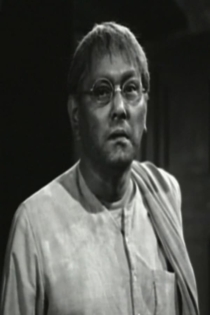
The Creative Person: Satyajit Ray
James Beveridge
Satyajit Ray, Alokananda Roy
In 1967, Canadian documentarian James Beveridge traveled to Kolkata to film director Satyajit Ray at work. The resulting program, produced for the American public television series “The Creative Person,” features interviews with Ray, several of his actors and crew members, and film critic Chidananda Das Gupta.
The Creative Person: Satyajit Ray
